2026 Author: Howard Calhoun | calhoun@techconfronts.com. Last modified: 2025-01-24 13:10:39
In the modern world, steel for knives plays an important role in human life, as this subject has to be encountered almost throughout the entire existence. Now a variety of processing technologies are used for manufacturing, which imply the presence of alloys. All added impurities are designed to improve the quality of the created product. Scientists all over the planet dream of taking the quality of alloys to the next level, which results in intricate technologies and recipes. Currently, there are certain steel grades for knives, allowing you to choose the best option depending on the application.

There is a constant struggle for physical qualities such as hardness, heat resistance and wear resistance. Quality knife steel should provide good resistance to penetration into other bodies. That is, it must endure serious loads without deforming or losing its shape. In addition, the ability of the material to wear is of no small importance, which is primarily due to the content of the hardest carbides (vanadium, molybdenum and tungsten). It is for this reason that the CPM 10V and CPM S90V grades haveincreased wear resistance.

Each chemical element in its own way affects the steel for knives, giving it one quality or another. One of the basic components is carbon, which largely determines the main characteristics. Thanks to this element, it becomes possible to harden steel for knives. The hardness will depend mainly on its ratio. However, at the same time, due to carbon, the susceptibility of the metal to corrosion increases. Normally, carbon content should not be less than 0.6 percent, but many manufacturers do not pay much attention to this indicator, producing low-quality products at low cost.

Another common and essential element is chrome. With its help, it is possible to successfully resist corrosion by adding to the steel for knives. If the amount of the presented component exceeds 14 percent, then we can assume that this is a stainless product. However, the high content of chromium adversely affects the strength characteristics. Molybdenum is often used as an alloying additive, which can increase heat resistance and corrosion resistance. Of course, it has a positive effect on any knife steel.
Vanadium is a rather interesting element, which helps to enrich the physical properties of various alloys. Its main function is to greatly increase wear resistance and strength. Steel for knives enriched with this element is able to maintain cutting qualities for a long period. However, it should be noted that sharpening such a knife becomes more laborious. In many cases, the alloy contains cob alt, which is characterized by high strength. It is usually contained in the N690 and VG-10 grades. Also, knife steel can include nickel, nitrogen, sulfur, silicon, titanium and many other chemical elements.
Recommended:
Food stainless steel: GOST. How to identify food grade stainless steel? What is the difference between food stainless steel and technical stainless steel?
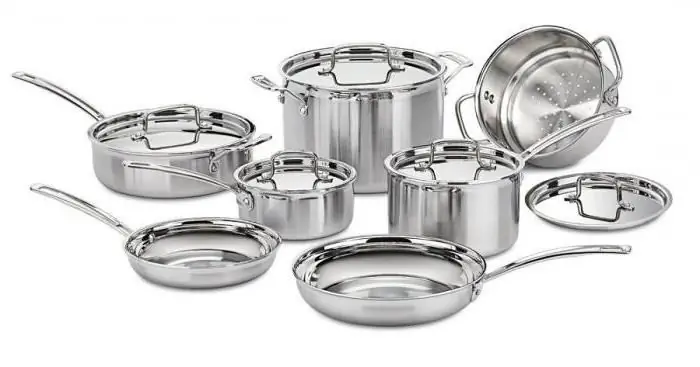
The article talks about grades of food grade stainless steel. Read how to distinguish food stainless steel from technical
Heat-resistant alloys. Special steels and alloys. Production and use of heat-resistant alloys
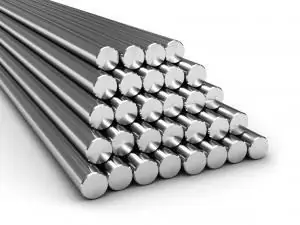
Modern industry cannot be imagined without such material as steel. We encounter it at almost every turn. By introducing various chemical elements into its composition, it is possible to significantly improve the mechanical and operational properties
Corrosion resistant steel. Steel grades: GOST. Stainless steel - price
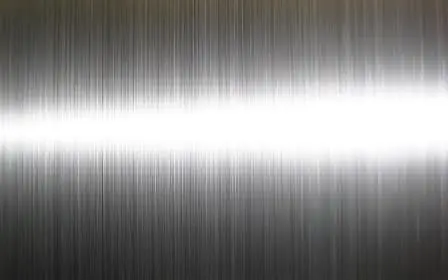
Why metal materials break down. What are corrosion-resistant steels and alloys. Chemical composition and classification according to the type of stainless steel microstructure. Factors affecting pricing. Steel grade designation system (GOST requirements). Application area
Steel 95x18: characteristics, reviews, heat treatment and knife making
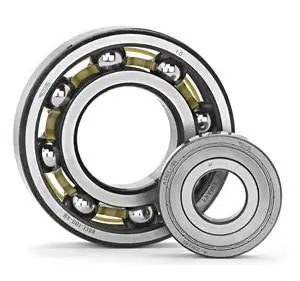
What kind of steel are quality knives made of? How to follow them correctly? What properties do these products have? Read about this (and more) in our article
440 steel - stainless steel. Steel 440: characteristics
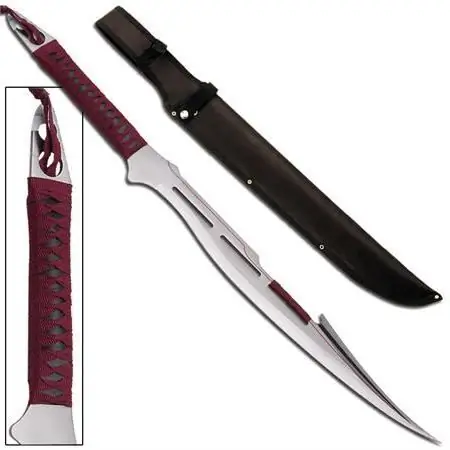
Many people know 440 steel. It has established itself as a reliable, anti-corrosion, time-tested hard material, which is most often used for the manufacture of knives for various purposes. What is the secret of this alloy? What are its chemical, physical characteristics and applications?

